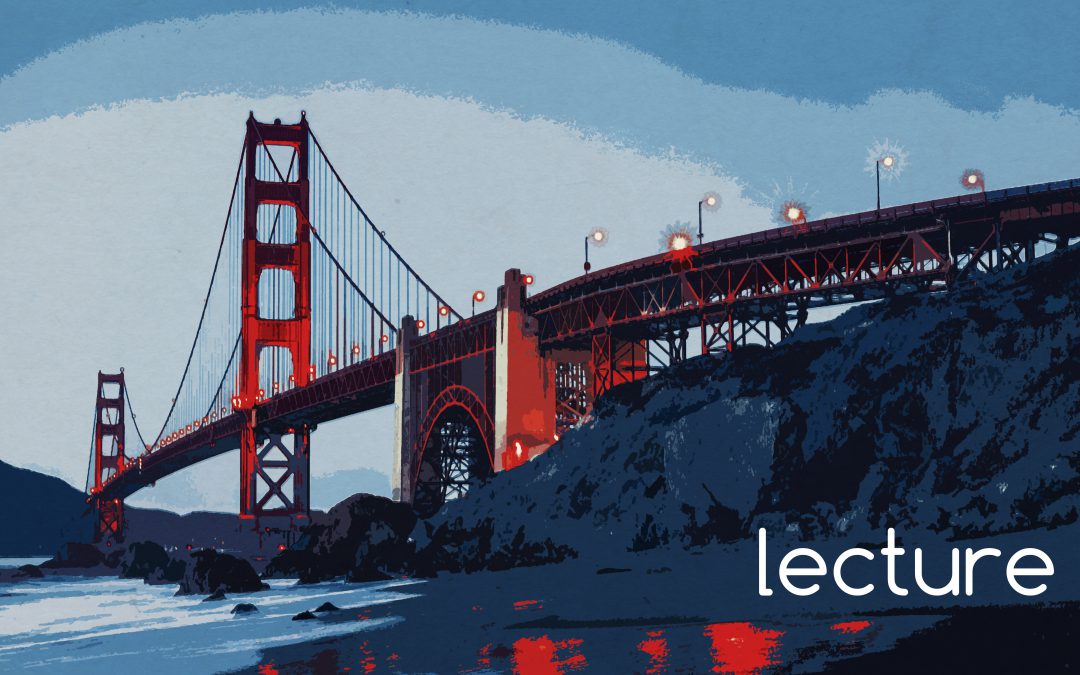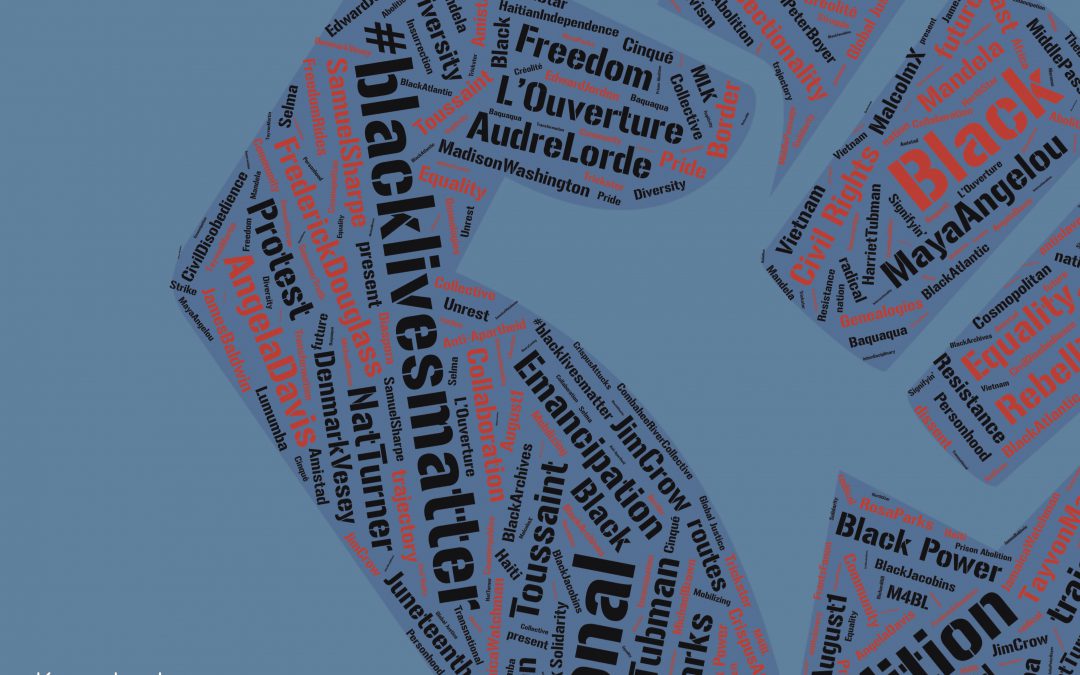
Nov 22-23 – Interdisciplinary Symposium: Aging Cultures/Cultures of Aging 🗓
Aging Cultures – Cultures of Aging
Interdisciplinary Symposium
Nov 22, 2018, 6-8 p.m.
Nov 23, 2018, 10.30 a.m.-4.30 p.m.
Philosophicum II, room 00.212
Keynotes by Prof. Dr. Rüdiger Kunow (Potsdam) and
Dr. Scott King (Winchester, VA, USA)
Everybody welcome!
Download the full program here.
We are all, as Margaret Morganroth Gulotte has famously written, “aged by culture.” What this implies is that the meaning ascribed to age is not so much biological, as it is cultural. What does this mean, however, for specific communities within a given culture? What does it mean to speak, for instance, of concepts such as “black aging,” “queer aging,” or “female aging”? And what does all this mean in a transnational context? This workshop seeks to link aging studies on the one hand and fields such as Black Studies, Queer Studies, Diaspora Studies, and Gender Studies on the other.
At the same time, it asks whether culturalist notions of aging have jettisoned the biological, material dimension of aging altogether or whether there is after all a way in which “culture” and “biology” can be fruitfully linked. Moreover, recent research, both in the life sciences and in forms of life writing (such as the boom of centenarians’ autobiographies) may have given rise to a celebration, perhaps even fetishization, of extreme longevity. To what extent has the emphasis on both longevity and “successful aging” tended to pit aging studies against, for instance, disability studies? What other narratives of old age need to be told, which may serve to sabotage mainstream representations of what it means to be old?
The symposium is organized by Prof. Dr. Mita Banerjee and Julia Velten, M.A. for the DFG-funded research project “Die Fabrikation der Hundertjährigen,” which is part of the DFG Research Group 1939 “Un/Doing Differences – Praktiken der Humandifferenzierung.”



